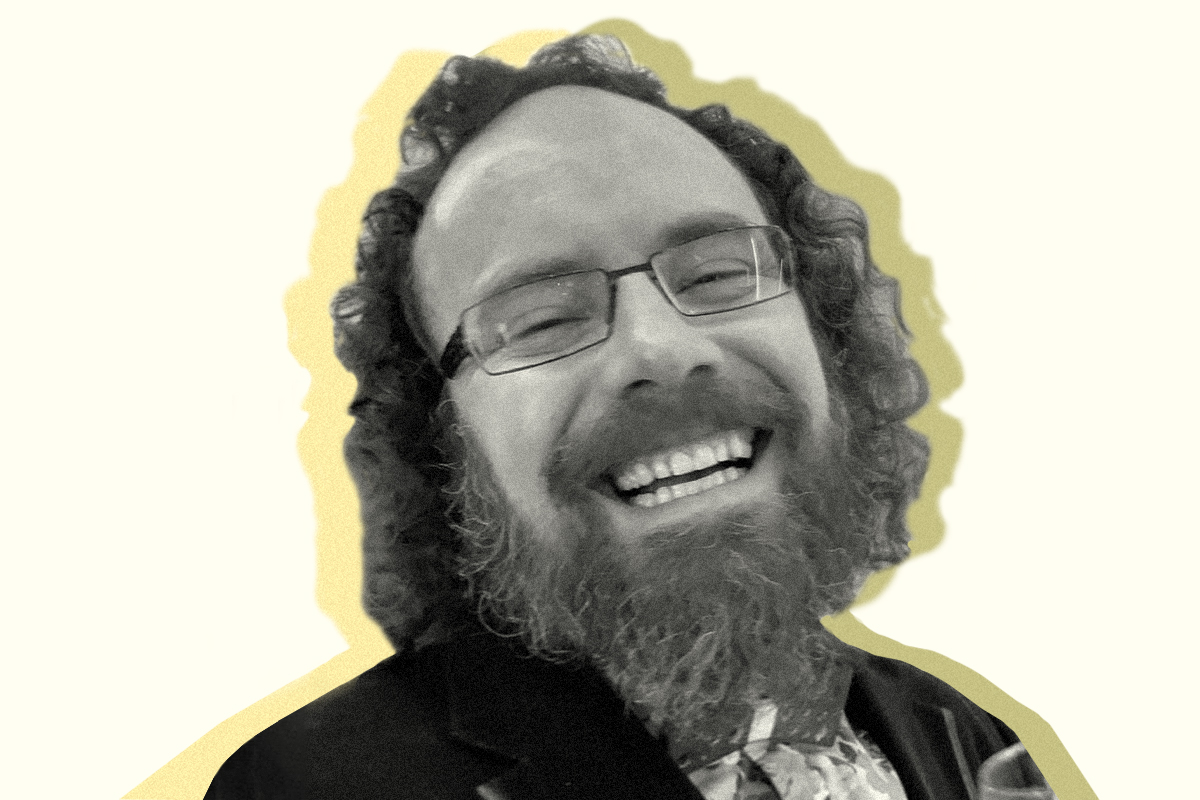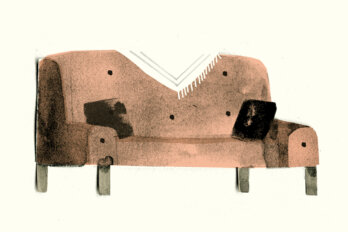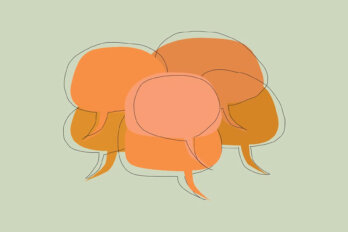descends to send us off. Forty-plus common redpolls,
American goldfinches, and pine siskins gorge amid
the dark-eyed juncos trilling and nibbling, unmigrated,
in the almost spring. All these songs season the body
with tingling, and these singers, when they briefly
depart the yard, their bird brains alarmed at my
galumphing arrival to refill their feeders one last time,
tuck their flapping into the cradle of my ear, their wings
fluttering a cover of the heart’s pulsing in an almost
sleeper’s pillow-bound head. The year-round regulars
of our two-year stay await their turn to peck their share
of this final feast. A red-breasted nuthatch, right side up
because upside down, bides its time, needling bark
for snacks. A hairy woodpecker chirps at the flurry
from a maple’s limb and then, his warning unheeded,
departs. Black-capped chickadees reach the feeders
but flee the upheaval without nicking a seed. From pine
and railing, they scrutinize visitors with a stern-faced
astuteness that makes me wonder if there’s ever been
an insult less insulting than “bird brain.” Perched on
the tips of my fingers, they watch me with chest-puffed
caution or cap-tilted curiosity before snatching a nut
from my palm and lifting off. When I can’t sleep
at night, I remember them: the great blue heron
who studied the surface of the lake from the dock
with a cenotaph’s stillness and dignity before taking
the plunge; the downy woodpecker who, in the fall,
alighted on the same feeder before dusk like clockwork
to graze with pensive ease; the juncos who met
snowstorms with their own blizzard, revelling in powdery
gusts to dig up their flurry-buried bounty; the bell
that chimed me awake from work last summer
and kept ringing, even after I realized it was not a bell
but the wings of a bathing chickadee tinkling the edge
of the dish I filled with fresh water each morning.
How do I free my bird brain to bathe and chime?
Brain of flight and flock. Brain of song. Brain of that chest-
puffed courage to land in the open palm of the world.






